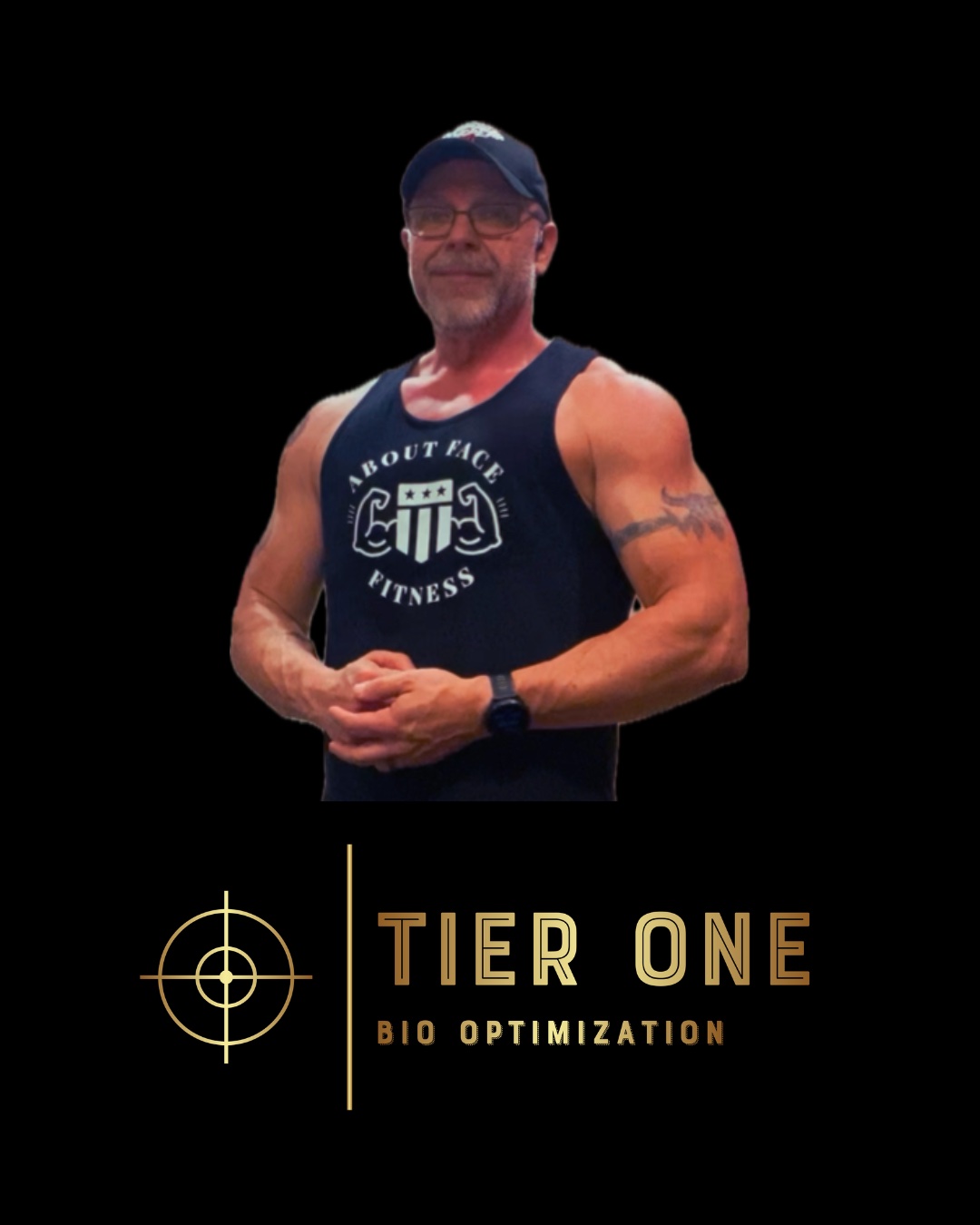Maximizing Health with Integrative Coaching Techniques
- Coach Scott

- Sep 15
- 3 min read
In today’s fast-paced world, maintaining optimal health can feel overwhelming. Many people struggle to balance nutrition, exercise, mental well-being, and lifestyle habits. This is where comprehensive health coaching steps in as a powerful tool to guide individuals toward sustainable wellness. By addressing the whole person rather than isolated symptoms, comprehensive health coaching offers a personalized roadmap to better health.
Understanding Comprehensive Health Coaching
Comprehensive health coaching is a holistic approach that combines various health disciplines to support individuals in achieving their wellness goals. Unlike traditional coaching that might focus solely on diet or exercise, this method integrates multiple aspects such as nutrition, physical activity, stress management, and sleep hygiene.
Key Components of Comprehensive Health Coaching
Personalized Assessment: Coaches evaluate current health status, lifestyle habits, and emotional well-being.
Goal Setting: Clear, achievable goals are established based on individual needs and preferences.
Behavioral Change Techniques: Coaches use motivational interviewing, accountability, and positive reinforcement.
Education: Clients learn about nutrition, exercise, and stress reduction strategies.
Ongoing Support: Regular check-ins help maintain progress and adjust plans as needed.
This approach empowers individuals to take control of their health by making informed decisions and adopting sustainable habits.

Practical Strategies in Comprehensive Health Coaching
Implementing comprehensive health coaching involves practical, actionable steps that clients can incorporate into their daily lives. Here are some effective strategies:
1. Nutrition Optimization
A coach helps clients understand the importance of balanced meals rich in whole foods. For example, incorporating more vegetables, lean proteins, and healthy fats can improve energy levels and reduce inflammation.
Actionable Tip: Start by adding one serving of vegetables to each meal.
Example: Swap out processed snacks for nuts or fresh fruit.
2. Physical Activity Integration
Exercise plans are tailored to fit individual preferences and schedules. Whether it’s walking, yoga, or strength training, the goal is consistency rather than intensity.
Actionable Tip: Aim for at least 30 minutes of moderate activity most days.
Example: Use a standing desk or take short walking breaks during work hours.
3. Stress Management Techniques
Stress negatively impacts health, so learning to manage it is crucial. Techniques such as mindfulness meditation, deep breathing, and journaling are commonly recommended.
Actionable Tip: Practice 5 minutes of deep breathing exercises daily.
Example: Use guided meditation apps to build a calming routine.
4. Sleep Hygiene Improvement
Quality sleep supports recovery and mental clarity. Coaches help clients establish bedtime routines and optimize their sleep environment.
Actionable Tip: Avoid screens 30 minutes before bedtime.
Example: Create a dark, cool, and quiet bedroom setting.

The Role of Integrative Health Coaching in Wellness
One of the most effective ways to maximize health is through integrative health coaching. This approach blends traditional health coaching with complementary therapies and personalized biofeedback. It recognizes that health is multifaceted and requires a tailored plan that addresses physical, emotional, and environmental factors.
For instance, a client dealing with chronic fatigue might benefit from nutritional guidance combined with stress reduction techniques and sleep optimization. Integrative health coaching supports this by offering a comprehensive framework that adapts to evolving health needs.
Tools and Technologies Enhancing Comprehensive Health Coaching
Modern health coaching leverages various tools and technologies to enhance client engagement and outcomes. These include:
Wearable Devices: Track physical activity, heart rate, and sleep patterns.
Mobile Apps: Provide reminders, educational content, and progress tracking.
Virtual Coaching Platforms: Enable remote sessions and continuous support.
Biofeedback Devices: Offer real-time data on stress levels and physiological responses.
Using these tools, coaches can personalize recommendations and monitor progress more effectively.

Sustaining Long-Term Health Improvements
Achieving health goals is only part of the journey. Sustaining these improvements requires ongoing commitment and adaptability. Comprehensive health coaching emphasizes:
Building Resilience: Developing coping skills to handle setbacks.
Creating Support Networks: Engaging family, friends, or support groups.
Regular Reassessment: Adjusting goals and strategies as life circumstances change.
Celebrating Successes: Recognizing milestones to boost motivation.
By fostering a growth mindset and continuous learning, individuals can maintain their health gains and enjoy lasting wellness.
Maximizing health through comprehensive health coaching offers a structured yet flexible path to well-being. By addressing all facets of health and providing personalized support, this approach empowers individuals to live healthier, more balanced lives. Whether you are just starting your wellness journey or seeking to enhance your current routine, comprehensive health coaching can be a valuable resource to unlock your full health potential.





Comments